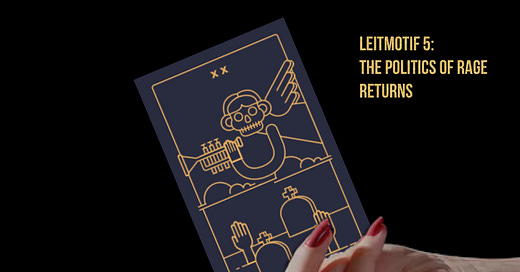The Judgement Tarot card signifies reflection, reckoning, awakening
This year is being called “Democracy’s Super Bowl”: 4.1 billion people in 68 countries, representing almost half of global GDP will vote in either presidential, parliamentary, or provincial elections this year.1 Among those included are India, Indonesia, Mexico, South Africa, the United Kingdom, and, of course, the United States. Do any of these elections matter for markets? Typically, elections do not have much effect on asset prices. One of this year’s most anticipated elections – Taiwan’s presidential election last week – came and went without incident (so far). Major upsets that involve real or perceived sharp policy turns are rare, and both are typically needed for a significant effect on markets.
The exceptional elections that affect markets tend to fit into two categories: those where a long, slow trend in electoral politics finally breaks through into power – the Politics of Rage in 2016 – or an unexpected turn of events that jerks voters’ preferences in a new direction, like a war or financial crisis. Most of this year’s elections will not matter; e.g. is there any real chance that President Putin will lose in March? But there are a few with the potential for long-running trends to break. Further, amid accelerating Global entropy, with the potential for a disorderly descent into a Complexity cascade, increasing information warfare, and powerful new vectors of transmission via social media, one cannot rule out unexpected turns in electoral fortunes.




